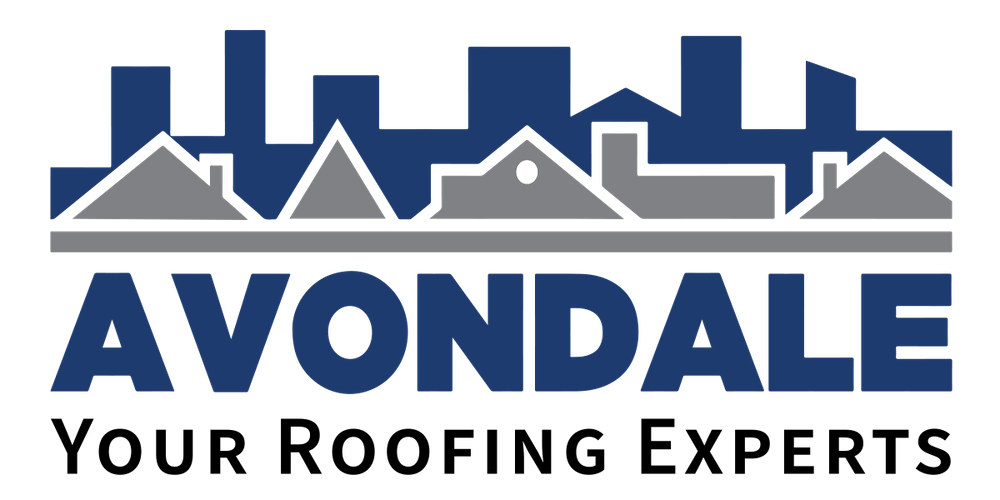Comparing the Top 5 Commercial Roofing Materials
Explore the top commercial roofing materials and their benefits. Find the best commercial roof types for durability and energy efficiency.
Choosing the right roofing material is critical for any commercial building. Your roof not only shields your property from the elements but also helps maintain energy efficiency and curb appeal.
With so many commercial roof types available, how do you pick the one that best meets your needs?
This guide breaks down the top 5 commercial roofing materials, covering their pros, cons, and ideal applications. Whether you’re considering new construction or a roof replacement, understanding these types of commercial roof options will help you make an informed decision.
Key Factors When Choosing Commercial Roofing Materials
Before selecting a roofing material, consider the following key factors:
Durability: How well can the material withstand weather conditions?
Energy Efficiency: Does it help regulate indoor temperatures?
Cost: What’s the upfront cost, and how does it compare to the material’s lifespan?
Maintenance Needs: How easy is it to maintain in the long run?
Aesthetics: Does the material complement your business’s exterior design?
With these factors in mind, here are the top commercial roof materials you should know about.
1. Thermoplastic PVC and TPO Roof Membranes
PVC (Polyvinyl Chloride) and TPO (Thermoplastic Polyolefin) have become leading choices for commercial roofing materials thanks to their combination of durability and energy efficiency.
Benefits of PVC and TPO
Energy Efficiency: Reflect heat from the sun, reducing cooling costs.
Durability: Puncture-resistant and heat-welded seams keep water out.
Lightweight Design: Places less stress on a building’s structure.
Fire Resistance: Adds an extra layer of safety for your business.
Drawbacks of PVC and TPO
Initial installation can be costly, though the energy savings often offset this.
These materials are particularly popular for flat roof and low-slope roofs. Their flexibility and strength make them excellent for large commercial structures.
If you’re considering PVC or TPO, Avondale Roofing can help! Learn more about commercial roofing services in Wisconsin and Illinois.
2. Built-Up Roofing
Built-up roofing, or BUR, is one of the oldest types of commercial roof systems. It features alternating layers of tar and fiberglass roofing paper, finished with a layer of gravel.
Benefits of Built-Up Roofing
Affordability: One of the most cost-effective commercial roof types to install.
Repair Simplicity: Small patches can easily fix problem areas.
Drawbacks of Built-Up Roofing
Short Lifespan: Requires replacement sooner than other materials.
Leak Challenges: Finding the source of a leak can be difficult and time-consuming.
Built-up roofing is best for smaller commercial buildings or properties in regions with moderate weather conditions.
3. Metal Roofing
Metal is a versatile and durable option for types of commercial roof systems, offering both functionality and aesthetics.
Benefits of Metal Roofing
Longevity: Metal roofs can last 40+ years with proper maintenance.
Weather Resistance: Withstand heavy rain, wind, and snow, making them ideal for Wisconsin and Illinois winters.
Design Flexibility: Available in a range of colors and styles to match your building.
Drawbacks of Metal Roofing
High Cost: Significantly more expensive than other materials upfront.
Limited Foot Traffic Tolerance: Damage may occur if walked on frequently.
Metal is a great choice for businesses seeking premium, long-lasting solutions.
4. EPDM Roofing
EPDM (Ethylene Propylene Diene Monomer), often called “rubber roofing,” is a popular option due to its reliability and cost-effectiveness.
Benefits of EPDM Roofing
Ease of Installation: Simple to install, reducing labor costs.
Versatility: Works well on both flat and sloped roofs.
Resilience: Resists weather-related wear and tear, reducing maintenance needs.
Drawbacks of EPDM Roofing
Aesthetics: Limited design options; typically black or white.
Vulnerability: Can puncture easily under heavy foot traffic or sharp objects.
EPDM works well for budget-conscious businesses in need of durable roofing designed for day-to-day practicality.
5. Asphalt Shingles
Commonly associated with residential buildings, asphalt shingles are also used for commercial roofs with steep pitches.
Benefits of Asphalt Shingles
Affordability: Low upfront cost makes it appealing for small businesses.
Ease of Installation: Straightforward to install, even for unique building shapes.
Aesthetic Options: Available in various colors and textures.
Drawbacks of Asphalt Shingles
Limited Durability: Requires replacement more frequently than other materials.
Not Suitable for Flat Roofs: Best suited for steep-slope applications.
If your building has a steep roof and you’re on a budget, asphalt shingles may be worth considering for your next commercial roof project.
Enhancing Roof Lifespan with Quality Installation
Choosing the right material is key, but expert installation and maintenance can significantly extend your roof's lifespan. At Avondale Roofing, we provide tailored solutions for different types of commercial roof systems, ensuring your investment is protected.
Final Thoughts
Selecting the right commercial roofing materials is one of the most important decisions you’ll make for your property. From energy-efficient PVC and durable metal to classic built-up roofing, each option has unique advantages. The best choice ultimately depends on your building’s design, your budget, and your long-term needs.
If you’re in Wisconsin or Illinois and need help navigating your options, Avondale Roofing has got you covered. With over 35 years of experience, we offer top-notch roofing for businesses of all sizes. From repairs to installations, we ensure durability, value, and craftsmanship every step of the way.
Contact Avondale Roofing Today to get a free estimate for your next commercial roofing project!

